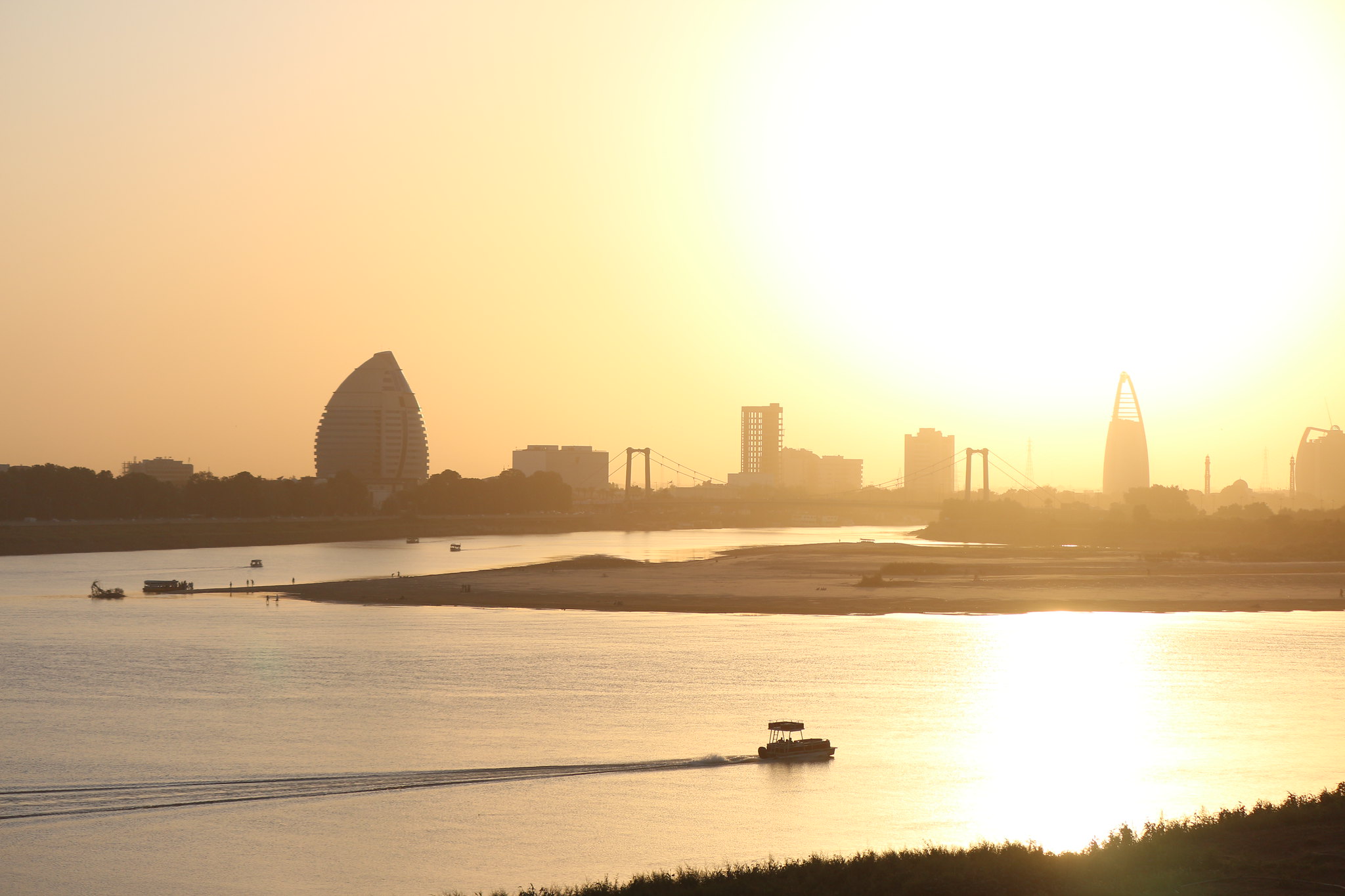LSE’s Katy Long argues that the West African model which allows refugees to become migrants is one way to end protracted refugees situations.
There is a poster (see below) in my office at LSE. A shot of subway graffiti reading “Refugee go home”. The slogan is a rejoinder from UNHCR: “He would if he could”. It’s a simple mantra. Refugees can’t go home, but they want to go home. And as soon as peace breaks out, huge sums of money and slick PR campaigns will shift the machinery of repatriation into gear, so refugees will go home.
Except that for many cases, that misses a crucial question, especially when your time as a refugee is measured in decades or generations, not months or years. How can you return “home” if you never left in the first place?
Today, 71% of refugees are trapped in protracted exile – the average displacement lasting twenty years. The traditional approach to “solving” refugee crises – waiting for repatriation – isn’t working. Nowhere is this more evident than Africa, where continuing insecurity and resource crises in the Great Lakes and Horn Regions continues to drive mass displacement and prevent secure return.
But if Africa is the setting for some of the world’s longest refugee crises, in recent years it has seen some of the most innovative attempts to broker novel solutions for long-term refugees. Many of these solutions depend upon recognising the value of movement, both as an economic coping strategy and a vehicle for development. While no one should be forced to move, being free to move can offer a means of solving displacement.
This need for new solutions to refugee crises frames my research. How can the international community better help refugees build their own sustainable solutions at the end of exile? One of the most interesting initiatives has been the use of existing regional citizenship frameworks in West Africa – primarily designed to facilitate economic integration – to allow refugees to become migrants, ending their displacement without requiring their return.
The Economic Community of West African States – ECOWAS – grants all West African citizens freedom of movement and settlement rights (it’s not unlike EU protocols). Vicious civil wars during the 1990s saw thousands of Sierra Leonean and Liberian refugees seek asylum in neighbouring states: twenty years later when the conflict came to an end, many did indeed return home. But many others had established businesses, were attending school, had married locals – or been born in exile. Many wanted to retain their identity as Sierra Leoneans or Liberians: but they did not want to return permanently.
What emerged was a solution that fitted between the spaces of two citizenships. There was no prospect of formal naturalisation by host states, but refugees could stay as migrant West African citizens. Under agreements signed by Nigeria and the Gambia in 2007 and 2008, Sierra Leonean and Liberian refugees remaining in these states received both a passport from their country of origin – a form of “political” repatriation – and a workers’ visa.
There have been signs that this model may be adopted within the East African Community to help resolve the difficult and controversial Rwandan refugee problem. As cessation of status looms for Rwandan refugees who fled prior to 1998, it is evident that many are reluctant to return and have developed significant social and economic ties in Uganda. Facilitating their continued residency in Uganda as East African citizens might provide one alternative legal status, although unless used as part of a pathway to eventual citizenship, it will leave Rwandans still claiming to fear the current Rwandan government indefinitely dependent on it for consular protection.
It is important not to overstate the impact of these regional citizenships. Implementation has been imperfect, and numbers limited. There remains an insistence that repatriation must come first, with migration viewed only as a last resort for the stubborn. In countries like Zambia– where 20,000 Angolan refugees lost their status on 30 June 2012 – the government has been reluctant to endorse local integration, leading to the risk that those who do not “voluntarily” repatriate as refugees now may later be deported as illegal immigrants.
But regional citizenship solutions and freedom of movement protocols nevertheless help to offer a glimpse of how we might start to solve refugee crises by seeing movement as part of the solution, not part of the problem. They offer a means of recognising that many of us live between multiple identities and multiple communities. Citizenship, residency and family life do not always neatly align with the arbitrary assignments of birth and that migration is not abnormal.
It will be a while before UNHCR changes its slogans. But if we want to start unlocking protracted refugee situations, we need to accept that, sometimes, the answer to the challenge “refugee go home” may be “she’s already there”.







It is sad that in this era of democracy,Africans still suffer this height of dehumanization.
Very interesting and instructive post.